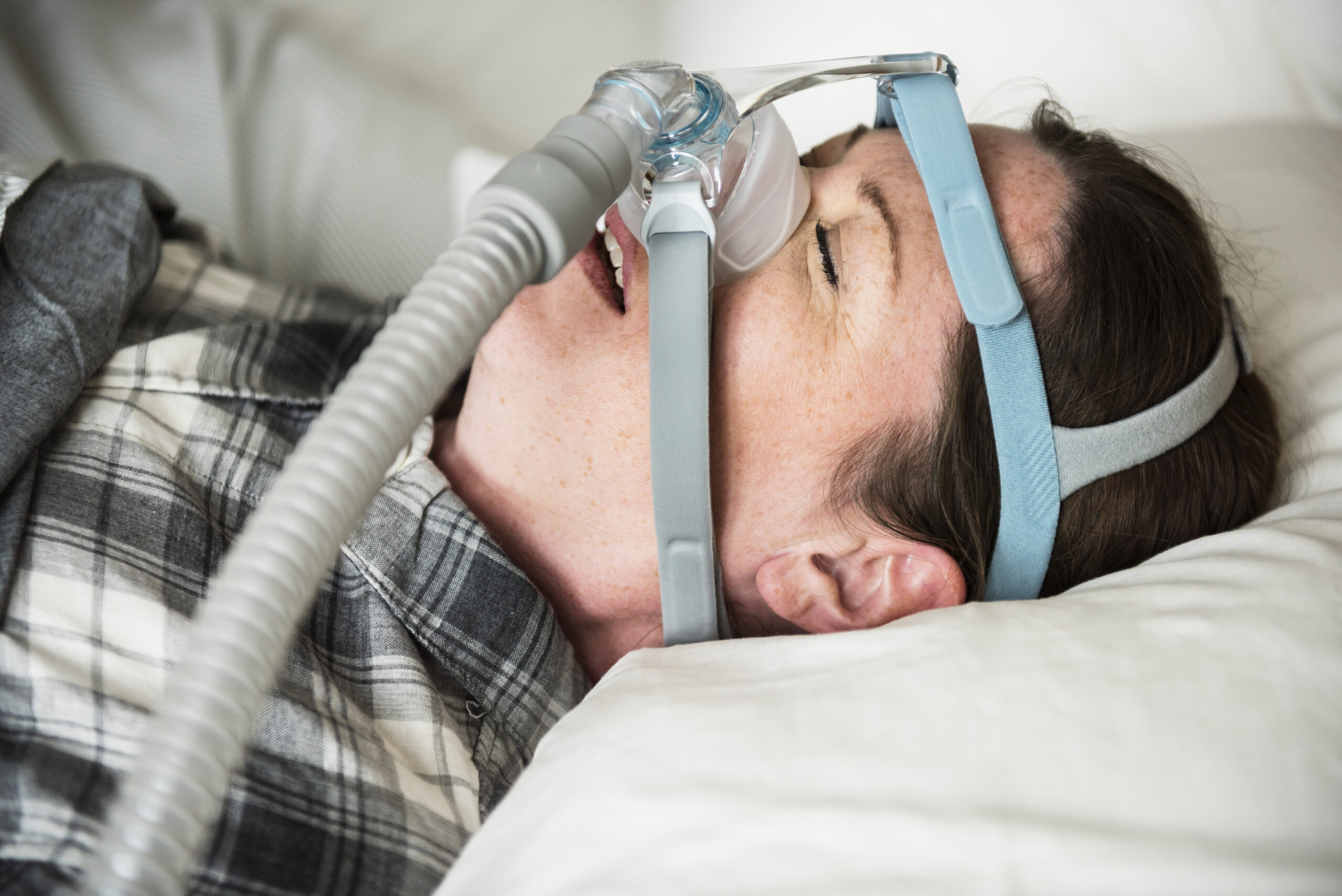


Sleep apnea is a serious sleep disorder characterized by repeated interruptions in breathing during sleep. These disruptions can cause significant disturbances in sleep, leading to a range of health problems, including daytime fatigue, high blood pressure, heart disease, and even stroke. Understanding the primary cause of sleep apnea is essential for effective treatment and prevention. By identifying and addressing the underlying causes, individuals can improve their sleep quality, reduce the risk of complications, and enhance their overall well-being.
Understanding Sleep Apnea
There are two main types of sleep apnea: obstructive sleep apnea (OSA) and central sleep apnea (CSA). OSA is the most common form, where the muscles in the throat relax excessively during sleep, causing a blockage in the airway. CSA, on the other hand, occurs when the brain fails to send proper signals to the muscles that control breathing. While both types of sleep apnea can lead to serious health issues, OSA is far more prevalent and often linked to lifestyle and anatomical factors.
Main Cause of Obstructive Sleep Apnea (OSA)
The primary cause of obstructive sleep apnea is the relaxation of the muscles in the throat during sleep. When these muscles relax, the airway narrows or closes, making it difficult to breathe. This obstruction typically results from a combination of factors, which include:
- Excess Weight: Obesity is one of the most significant risk factors for obstructive sleep apnea (OSA). Excess fat deposits around the upper airway can obstruct breathing and exacerbate the condition. This is why weight loss is often recommended as a part of sleep apnea treatment.
- Neck Circumference: Individuals with a thicker neck may have a narrower airway, which increases the likelihood of airway obstruction during sleep. A neck circumference greater than 17 inches for men and 16 inches for women is associated with a higher risk of sleep apnea.
- Narrowed Airway: Some people are born with naturally narrow airways or may develop enlarged tonsils or adenoids, which can block the airway, particularly in children.
- Aging: As people age, the muscles in the throat naturally lose tone, making them more prone to collapse during sleep. This can increase the risk of developing sleep apnea.
- Family History: Genetics can play a role in sleep apnea, as individuals with a family history of the condition may be more likely to develop it themselves.
- Use of Alcohol or Sedatives: Alcohol and sedatives can relax the muscles in the throat even further, exacerbating the symptoms of sleep apnea.
- Smoking: Smoking increases inflammation and fluid retention in the upper airway, leading to a higher risk of airway obstruction during sleep.
- Congestion: Chronic nasal congestion, whether due to allergies or anatomical issues, can make it difficult to breathe through the nose, increasing the likelihood of sleep apnea.
Addressing the Causes of Sleep Apnea
A personalized approach to sleep apnea treatment in Beverly Hills begins with a thorough evaluation by a sleep specialist. This evaluation may include a sleep study to determine the severity of the condition and to identify the most appropriate treatment options. Understanding the root causes of sleep apnea is essential for effective treatment. For many individuals, lifestyle changes such as weight loss, quitting smoking, and reducing alcohol intake can significantly improve symptoms. In more severe cases, medical interventions like Continuous Positive Airway Pressure (CPAP) therapy, oral appliances, or surgery may be necessary.
For individuals with mild to moderate obstructive sleep apnea (OSA), CPAP therapy or oral appliances may be effective in keeping the airway open during sleep. In more severe cases, surgical options like uvulopalatopharyngoplasty (UPPP) or maxillomandibular advancement (MMA) may be considered to remove or reposition tissues that are blocking the airway.
Importance of Seeking Treatment
If left untreated, sleep apnea can lead to serious health complications, including high blood pressure, heart disease, stroke, diabetes, and depression. It can also contribute to daytime fatigue, increasing the risk of accidents and impairing quality of life. Seeking timely treatment is crucial to prevent these complications and improve overall health.
The main cause of sleep apnea, particularly obstructive sleep apnea, is the relaxation of the muscles in the throat during sleep, leading to airway obstruction. Various factors, including excess weight, aging, and lifestyle choices, can contribute to this condition. Understanding these causes is the first step toward effective sleep apnea treatment in Beverly Hills. By addressing the underlying issues and seeking appropriate medical care, individuals can manage sleep apnea and enjoy better health and improved quality of life.




